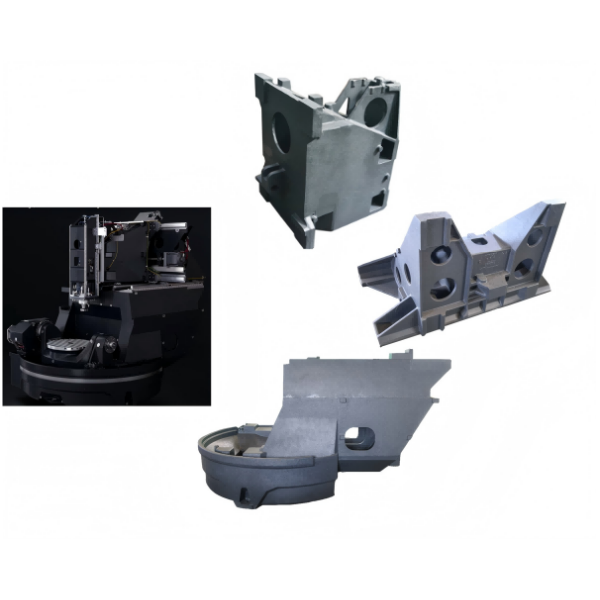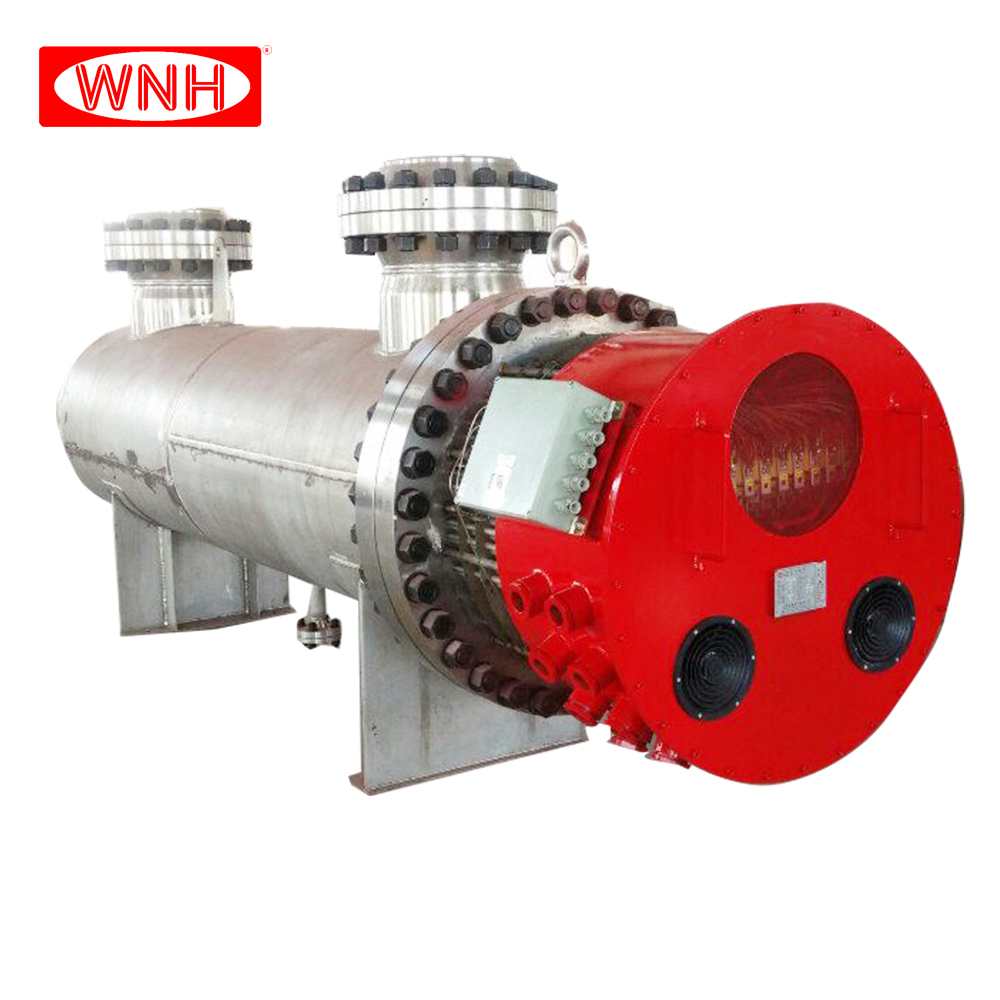Unveiling the Reliability of Mechanical Fuel Pumps: A Comprehensive Analysis
Mechanical fuel pumps have long been an integral component of internal combustion engines, supplying fuel to the carburetor or fuel injection system. However, as automotive technology advances, questions arise regarding the reliability of these traditional fuel pumps. In this blog post, we will delve into the intricacies of mechanical fuel pumps, exploring their reliability, advantages, drawbacks, and potential alternatives.
- Understanding Mechanical Fuel Pumps:
Mechanical fuel pumps are typically driven by the engine's camshaft or a separate eccentric shaft. They utilize a diaphragm or a piston to create suction, drawing fuel from the tank and delivering it to the engine. These pumps are commonly found in older vehicles and some classic car models. - Reliability Factors:
a) Durability: Mechanical fuel pumps are known for their robust construction, often outlasting other components of the fuel delivery system. Their simplicity and lack of electronic components contribute to their durability.
b) Consistent Fuel Pressure: Mechanical pumps maintain a steady fuel pressure, ensuring a reliable supply to the engine. This stability is crucial for optimal engine performance and fuel efficiency.
c) Compatibility: Mechanical fuel pumps are compatible with a wide range of fuels, including gasoline, diesel, and even alternative fuels like ethanol. - Common Issues and Maintenance:
a) Diaphragm/Piston Wear: Over time, the diaphragm or piston in a mechanical fuel pump may wear out, leading to decreased performance or fuel leakage. Regular inspection and replacement can mitigate these issues.
b) Vapor Lock: In certain conditions, such as high temperatures, mechanical fuel pumps may experience vapor lock, causing fuel flow interruptions. Proper insulation and heat management can minimize this problem.
c) Fuel Contamination: Mechanical pumps are susceptible to debris and contaminants from the fuel tank. Regular fuel filter replacement and fuel system maintenance are essential to prevent clogging and pump damage. - Alternatives to Mechanical Fuel Pumps:
a) Electric Fuel Pumps: Electric fuel pumps offer higher pressure and flow rates, making them suitable for modern fuel injection systems. They are often more compact and quieter than mechanical pumps. However, they rely on electrical power and may require additional safety measures.
b) Direct Injection Systems: Some modern engines utilize direct injection systems, eliminating the need for a traditional fuel pump altogether. These systems deliver fuel directly into the combustion chamber, enhancing efficiency and performance.
Conclusion:
Mechanical fuel pumps have proven their reliability over the years, with their simplicity and durability being key advantages. However, as automotive technology evolves, alternative fuel delivery systems are gaining popularity. Understanding the strengths and weaknesses of mechanical fuel pumps allows us to make informed decisions when it comes to maintaining or upgrading our vehicles. Whether you choose to stick with the tried-and-true mechanical pump or explore newer options, ensuring a reliable fuel supply is crucial for the longevity and performance of your engine.



